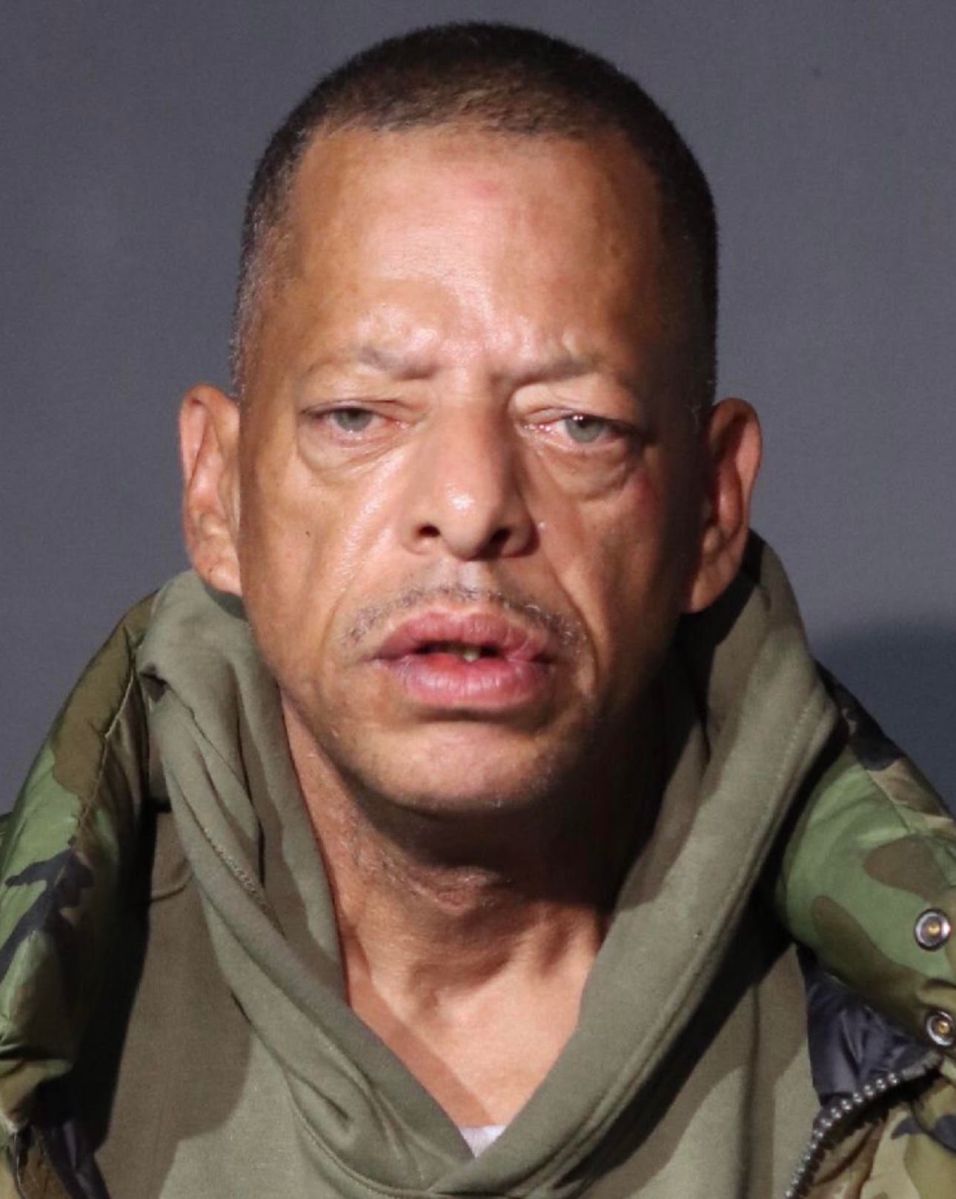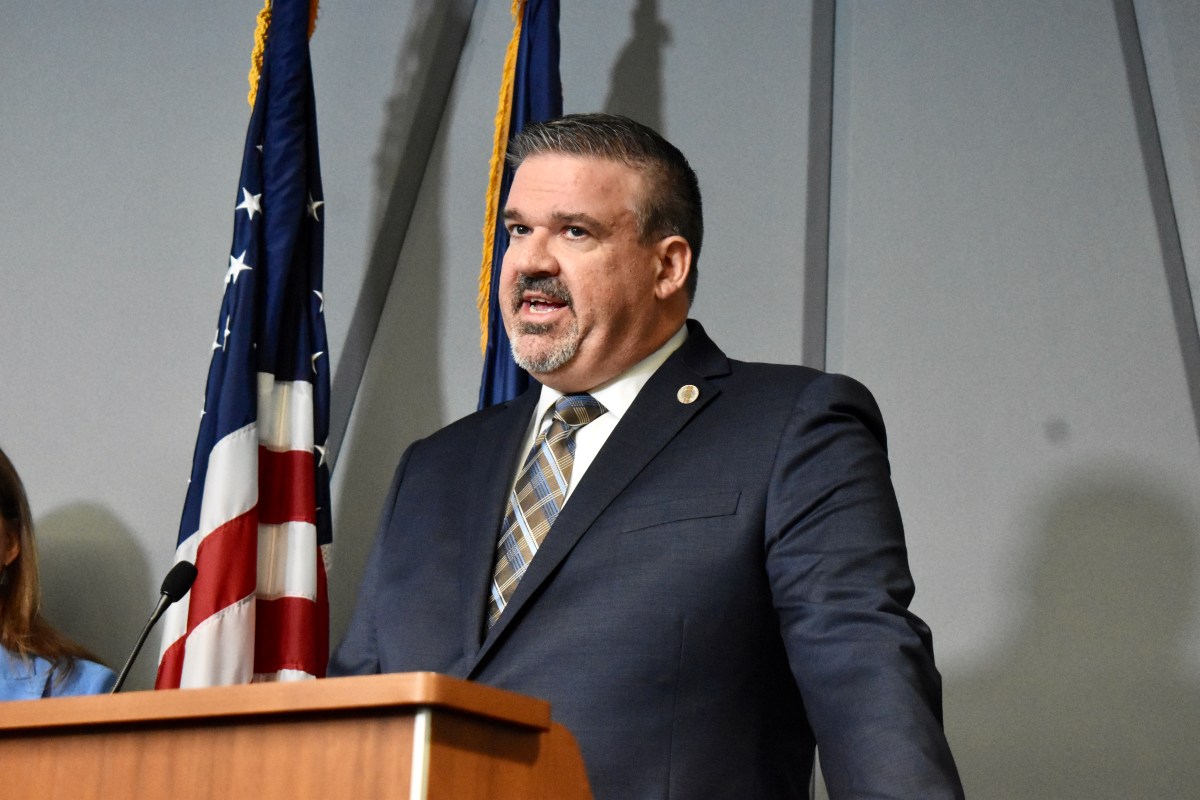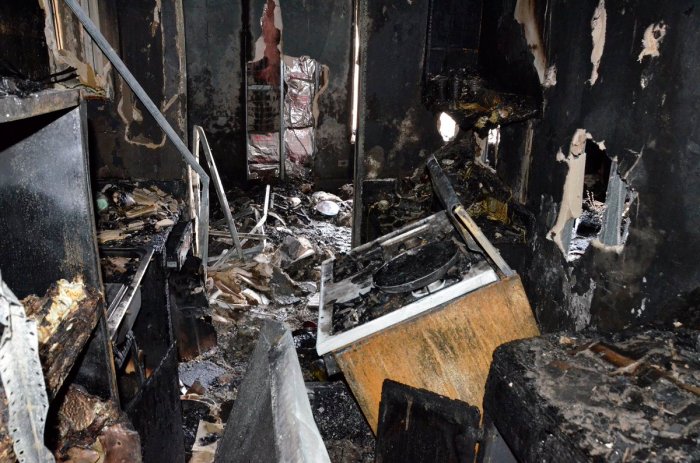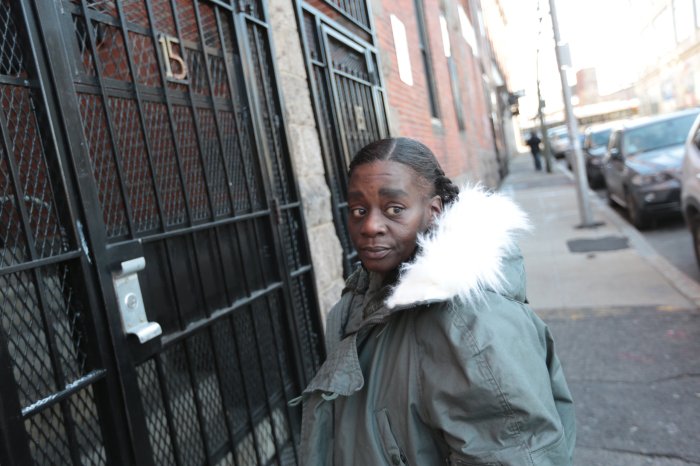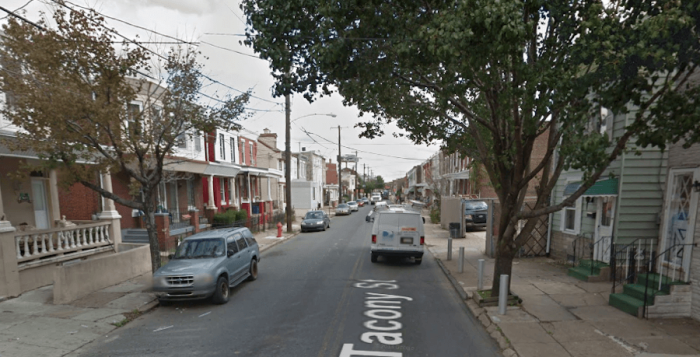Public housing tenants say the New York City Housing Authority’s efforts to keep them safe aren’t happening fast enough.
Residents at Manhattan’s East River Houses affirmed to Metro New York that a recent investigation into NYCHA’s stalled cooperation with the Police Department has put tenants in a dangerous situation. RELATED:Rats plague NYCHA residents as new city program ignores public housing On Tuesday, city investigators revealed a systemic breakdown in communication between NYCHA and NYPD, reportedly allowing dozens of criminals to fall through the cracks and continue to live in New York City’s public housing despite rules banning such tenants. “We don’t feel safe at all,” said resident Kenny Ruid, 52. “There’s too many shootouts, too many drug selling — all kinds of stuff.”
Neighbor Pat Wilson, 53, said she never lets any of her children, the youngest being 8 years old, go wandering about without supervision. Even so, she took issue concerns that residents who do have criminal backgrounds aren’t able to turn their live around. “People can change,” she said, adding that people with less-than-perfect histories “need apartments like everybody else.”
RELATED: Free broadband coming to five NYCHA developments
Beyond finding NYPD’s failure to alert NYCHA about residents with serious offenses, the Department of Investigations report released Tuesday also found that the housing agency didn’t do enough to enforce its own policies to kick out potentially dangerous tenants. NYCHA’s preexisting policy to permanently exclude an individual offender from public housing — instead of evicting an entire family — was “essentially toothless” and allowed offenders to “return to NYCHA housing without consequences.” According to the investigation, that policy should have caught Tyrone Howard, the gunman arrested in October for the shooting death of Police Officer Randolph Holder after Howard allegedly stole a bike. Howard was staying at a distant family member’s apartment at the East River Houses.
RELATED:Scott Stringer: NYCHA repairs are costing city millions in lost rent Investigators found that police failed to notify NYCHA of Howard’s three previous arrests between 2005 and 2009 on or near other public housing properties. It wasn’t until subsequent drug arrest in 2014, however, that the housing agency appeared to take the first steps to evict Howard. Both the NYPD and NYCHA have agreed to improve lines of communication — including computerized systems —over potentially dangerous residents, as well as what types of crimes warrant notices of trespass. DOI Commissioner Mark Peters said the changes would “help close the gaps where criminals have been able to hide. They will make public housing safer for all of us.”
Back at East River Houses, 19-year-old Jessica Medina said she too has grown used to living in an unsafe situation, especially at night.
Still, she said she would hope that even if NYCHA might not prioritize certain cases that family members and friends who house formerly convicted tenants alert their neighbors.
“You never know what else can happen,” Medina said. “You don’t know if it can affect someone else’s life.”
Beyond dangerous residents, public housing residents still feel unsafe
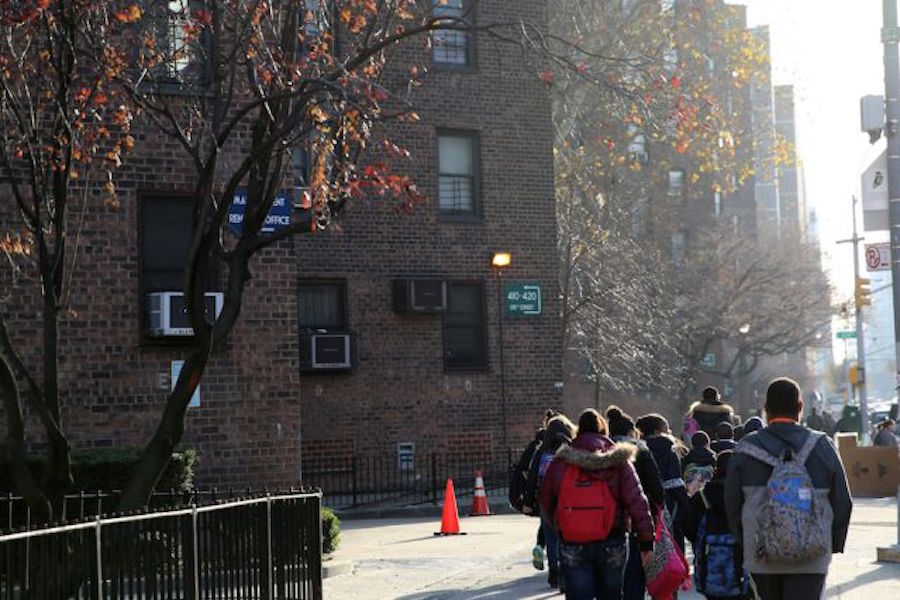
Bess Adler/Metro










